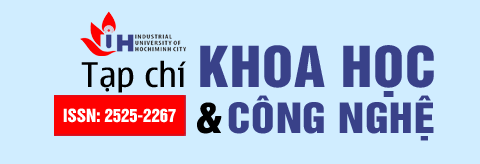CHẤT LƯỢNG GIÁO DỤC ĐẠI HỌC: THỰC TRẠNG VÀ GIẢI PHÁP NÂNG CAO CHẤT LƯỢNG GIÁO DỤC ĐẠI HỌC Ở VIỆT NAM HIỆN NAY
Main Article Content
Abstract
The dissertation focuses on the quality of higher education and compares it between Vietnam and other countries. The research findings reveal that the quality of higher education in Vietnam still faces numerous challenges. Despite improvements in infrastructure and faculty, the proportion of the university-educated workforce in Vietnam remains lower than in neighboring countries such as Singapore and Malaysia. The dissertation highlights the challenges in meeting the demands of the labor market. The educational programs are not aligned with the needs of employers, and students lack practical skills and experience. Additionally, there is a lack of collaboration between universities and industries. To address these issues, it is crucial to enhance practical training programs, foster collaboration with employers, and improve career counseling services. The dissertation proposes solutions to enhance the quality of higher education and meet the requirements of the labor market. This includes addressing the mismatch between education and the job market, promoting industry collaboration, encouraging critical thinking and creativity, investing in research, and ensuring quality standards. To achieve these goals, Vietnam must change teaching methods, provide better training for educators, innovate curriculum, and strengthen collaboration between universities, businesses, and the government. Only through these solutions can Vietnam effectively meet the demands of the labor market and advance toward a modern and industrialized society.

